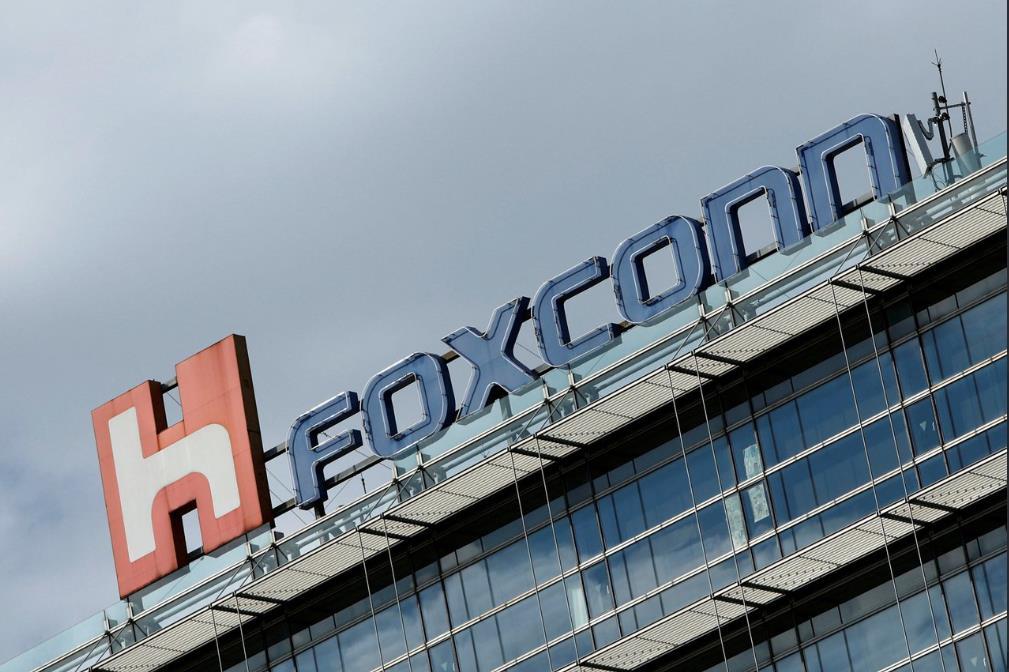Xinhua News Agency, Jeddah, Saudi Arabia, July 17th (International observation) Biden’s trip to the Middle East yielded few results.
Xinhua News Agency reporter Hu Guan
With the conclusion of the "Security and Development" Summit held in Jeddah, a coastal city in western Saudi Arabia, on the 16th, Biden’s first trip to the Middle East since he took office as US president ended. In Israel, he was vomited by netizens, protested by the people in Palestine, and questioned by reporters in Saudi Arabia. Biden’s visit ended flatly.
Analysts pointed out that before Biden’s visit, he made a high-profile announcement that he would open a "new chapter" in the relationship between the United States and the Middle East, but as a result, he hit a wall one after another and did not achieve much substantive results. Great changes have taken place in the political climate in the Middle East, and the pursuit of peace and development has become the mainstream of the region. There are obvious differences between countries in the Middle East and the United States, which adheres to hegemonic thinking. It is not surprising that Biden’s visit is unpopular and has achieved few results.

On April 11, 2022, US President Biden delivered a speech at the White House in Washington. Xinhua News Agency reporter Liu Jie photo
There are obvious differences.
Biden’s first stop in the Middle East was Israel, America’s staunchest ally in the region. During the visit, Biden signed a joint statement with Israeli Prime Minister Lapid, emphasizing "the unbreakable bond between the two countries" and "the enduring commitment of the United States to Israel’s security". The statement said that the United States will use its "all elements of national power" to ensure that Iran cannot acquire nuclear weapons, and promised to cooperate with other partners to deal with Iran’s "aggression and destabilizing activities." But Israel does not "buy" this. According to the Israeli Jerusalem Post, Lapid asked for a deadline for Iranian negotiations to return to the Iranian nuclear deal, but Biden refused.
Ephraim Inbar, director of the Jerusalem Institute for Strategic and Security Studies, said that the joint statement lacked substance. "The crux of the matter is what the United States will do on the Iran issue, which is what Israel is most concerned about. Although in public statements, the United States and Israel are doing their best to show that there are no differences, but the differences between the two sides are obvious. "
In the West Bank of Palestine, Palestinian President Abbas met with visiting Biden, but Pakistan and the United States did not issue a joint statement. Majidi halliday, adviser to the Palestinian President, revealed that the two sides were still talking about the joint statement a few hours before the meeting between Abbas and Biden, but they finally gave up because of too many differences.
Ali Jabawi, a professor at Birzai University in Palestine, believes that the Palestinian-Israeli issue is not the priority of Biden’s visit, and Biden’s visit to Palestine is more like completing a "political task." Mustafa Ibrahim, a Palestinian political analyst, said that Biden’s visit was aimed at building momentum for the mid-term elections in November, and he would not put forward any new ideas on solving the Palestinian-Israeli issue at all.
Analysts pointed out that the United States regards the Iranian nuclear issue and the Palestinian-Israeli issue as "chess pieces" and "chips" to realize its own self-interest in maintaining hegemony, stirring up the regional situation and serving domestic politics, and it is natural to expect differences with Israeli-Palestinian leaders.

This is the price tag of a gas station photographed in Millbray, California, USA on May 17th. Xinhua News Agency (photo by Li Jianguo)
unpopularity
It is the focus of Biden’s trip to seek oil and plan a "small circle" in the Middle East by visiting Saudi Arabia and attending the "security and development" summit in Jeddah, Saudi Arabia. According to outside analysis, Biden administration hopes that Saudi Arabia and other Gulf oil-producing countries will increase production to lower international oil prices, ease domestic inflationary pressure in the United States and help the mid-term elections. In addition, the intention of the United States to build a "Middle East version of NATO" and contain countries such as Iran and Russia is also obvious.
However, in his speech at the Jeddah Summit, Saudi Crown Prince Mohammed was vague about increasing oil production, saying that Saudi Arabia "has the ability" to increase oil production to an average of 13 million barrels per day, but for the time being, it has no additional ability to continue to increase crude oil production. As for Biden’s intention to win over the Middle East countries against Iran, Russia and other countries, the leaders attending the summit did not respond clearly.
Ma Xiaolin, president of zhejiang international studies university Institute of Mediterranean Rim, pointed out that Biden’s government has been in office for nearly a year and a half, and his visit to the Middle East is late, with time and space behind Europe and Asia-Pacific. No one believes that he attaches importance to the Middle East. Coupled with the decline in the relative strength of the United States, the investment in the Middle East has decreased, and after repeatedly creating troubles in the Middle East, it has completely withdrawn, which has greatly reduced the trust of the Middle East countries in the United States.
Wang Guangyuan, an associate professor at Middle East College in beijing language and culture university, believes that for many years, in order to maximize the political, economic and security interests in the Middle East, the United States has deliberately created confrontation, stirred up the regional situation, and even subverted the political power of the countries in the Middle East by using various means such as military strikes, human rights diplomacy and the so-called "color revolution", which has caused the countries in the region to fall into a security dilemma and caused serious harm to the region. Nowadays, the pursuit of peaceful development has become the mainstream of the region, the credibility of the United States in the Middle East is going bankrupt, the strategic mutual trust between regional countries and the United States is decreasing, and Saudi Arabia and other countries in the Middle East are increasingly aware of their strategic autonomy and are unwilling to serve the interests of the United States at the expense of their own development.
Saudi media reported that during Biden’s meeting with Saudi Crown Prince Muhammad, Muhammad warned Biden that every country has its own values, and the act of imposing its own values on other countries will only be counterproductive. The failure of the United States to promote American values in Iraq and Afghanistan is proof. "Saudi Arabia does not welcome American value diplomacy." (Participating in reporters: Wang Zhuolun, Liu Weijian, Wang Haizhou)





















